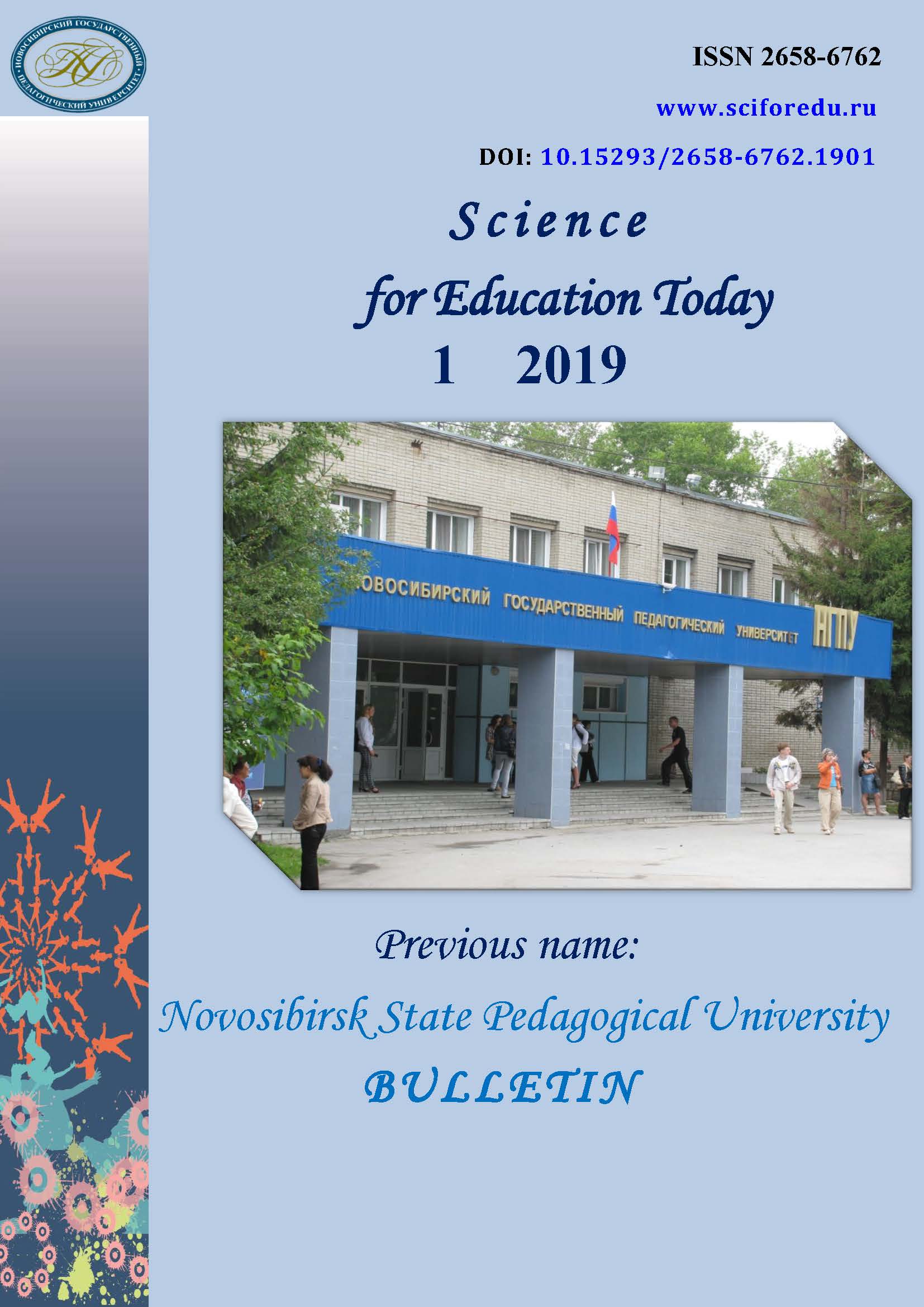Особенности российского правового образования в контексте социокультурной эволюции прав человека
Special features of Russian legal education in terms of the evolution of human rights
Author(s): Natalia Nikolaevna KrasnovaSubject(s): Higher Education , History of Education, Sociology of Law
Published by: Новосибирский государственный педагогический университет
Keywords: Human rights; General legal education; Human rights in education; Evolution of human rights; Stages of evolution; Universalism of human rights; Socio-cultural specificity
Summary/Abstract: Introduction. The author studies the formation of legal education within the modern conditions of sociocultural development of society. The purpose of the article is to identify the features of Russian legal education in the context of socio-cultural evolution of human rights. Materials and Methods. The author employed the following research methods: theoretical analysis of socio-pedagogical and socio-legal literature, comparative legal method, and the method of extrapolating scientific results to the field of legal education. The methodological basis of the study was the principle of development and a systematic approach. Results. The author investigates legal education in different countries, including the Russian one in terms of socio-cultural evolution of human rights. The author revealed that legal education in different countries, including Russian, comprises the universal international principles of human rights and the socio-cultural specifics of their implementation in a particular country. The author substantiates the need for proposing Russian socio-cultural approach to understanding human rights, including the North Eurasian Declaration of Human and Peoples' Rights. The study identified four main stages in the evolution of human rights: 1) a person in law; 2) a person as a subject of law; 3) human rights; 4) human rights and legal obligation, freedom-responsible behavior of a person in society. In the Russian legal education one should move from the third to the fourth stage of the evolution of human rights. The author notes that it necessary to reach a balance of universal, socio-cultural and historical-evolutionary approaches in teaching general legal disciplines to adolescents and youth in Russian education. Conclusions. In conclusion, the author summarizes the main features of Russian legal education in terms of sociocultural evolution of human rights.
Journal: Science for Education Today
- Issue Year: 9/2019
- Issue No: 1
- Page Range: 188-206
- Page Count: 19
- Language: Russian

